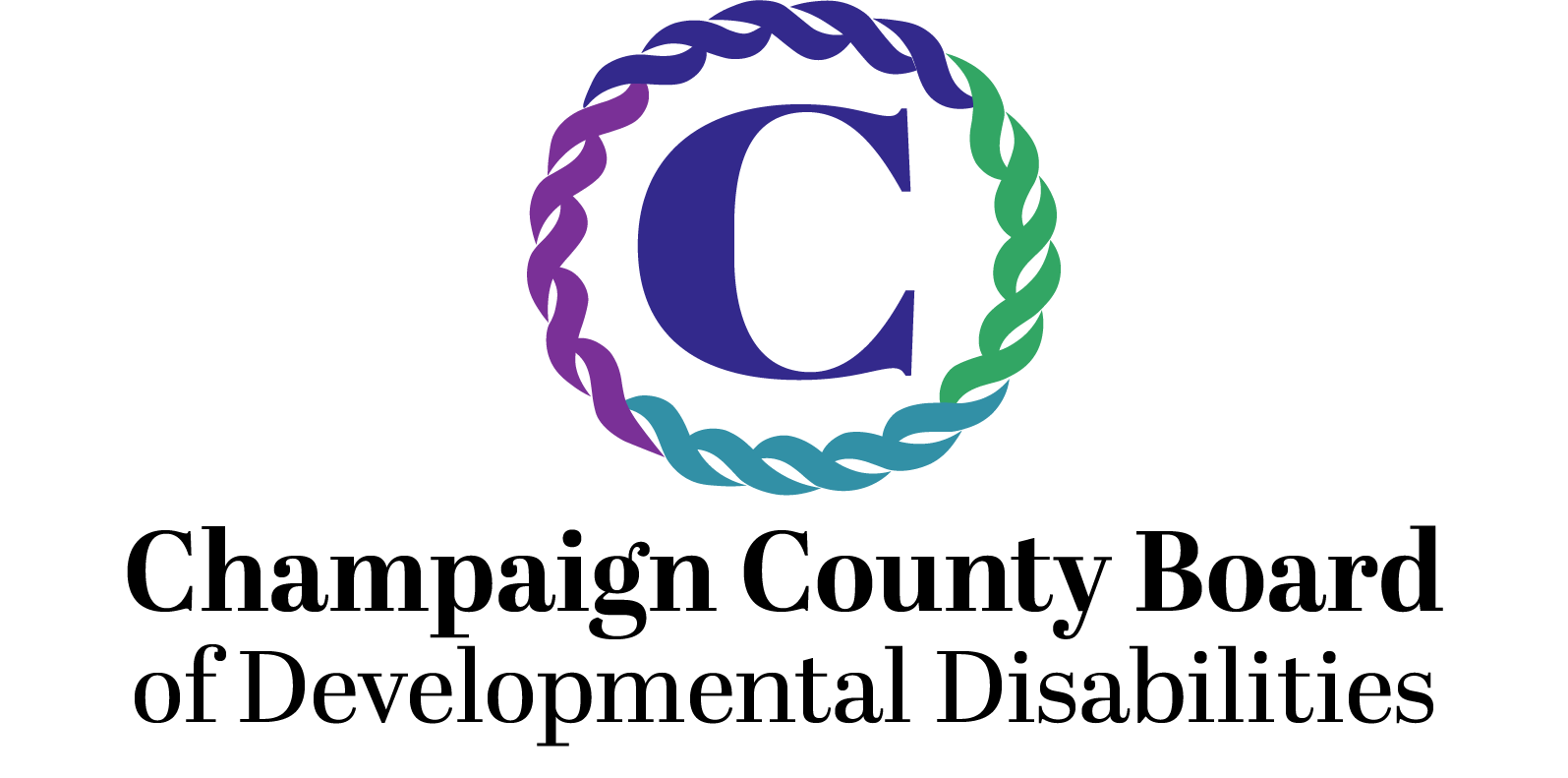 By Superintendent Leigh Anne Wenning You may have seen our activities this month celebrating March as Developmental Disabilities Awareness Month. At the Champaign County Board of Developmental Disabilities (CCBDD), we strive to remind our community that we are all better when we include everyone. This month we celebrated with a variety of activities, including a trips to our local libraries to participate in themed activities and to share our mission. We also played a game of cards with the Champaign County Young Professionals organization. We also made our annual trip to the Ohio Statehouse to share our stories and thoughts with our representatives. Before going to the statehouse, we made custom awareness ribbons that say “All means All”, “All means All” was the theme of Advocacy Day at the Statehouse. We were able to hand these ribbons out locally and proudly wear them at the event. National Developmental Disabilities Awareness Month began in 1987 with a proclamation from President Reagan to bring awareness and acceptance for people of all abilities. One of our goals at CCBDD is to raise awareness about the inclusion of people with developmental disabilities in all aspects of community life. Developmental disabilities are defined as lifelong disabilities with an onset before the age of 22, resulting in functional limitations. That’s the definition of developmental disability, but the people we serve are so much more than a disability or a diagnosis. The people we serve have rich, complex lives just like everyone else. They have dreams like living on their own, having a job they love, or owning a pet they have always wanted. And generally, they want the same things that everyone else wants. They want to be treated like valued members of the community. They want to be involved. Or they just want their neighbors to say hello. They want to be seen as an individual and not their disability. March is almost over, but this can be a reminder for every day of the year. Including everyone makes our communities better. If you’d like to know more about what the Champaign County Board of Developmental Disabilities does or be involved, please go to our website at www.champaigncbdd.org. Also make sure to follow us on Facebook and Instagram. If you’d like to know more about working in the DD field, please call our office at 937-653-5217 and ask for Kirby Keller. Written by: Superintendent Leigh Anne Wenning 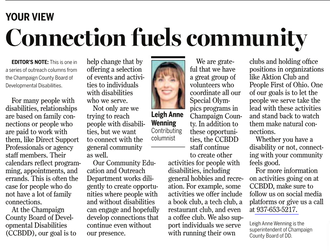 For many people with disabilities, relationships are based on family connections or people who are paid to work with them, like Direct Support Professionals or agency staff members. Their calendars reflect programming, appointments, and errands. This is often the case for people who do not have a lot of family connections. At the Champaign County Board of Developmental Disabilities (CCBDD), our goal is to help change that by offering a selection of events and activities to individuals with disabilities who we serve. Not only are we trying to reach people with disabilities, but we want to connect with the general community as well. Our Community Education and Outreach Department works diligently to create opportunities where people with and without disabilities can engage and hopefully develop connections that continue even without our presence. We are grateful that we have a great group of volunteers who coordinate all our Special Olympics programs in Champaign County. In addition to these opportunities, the CCBDD staff continue to create other activities for people with disabilities, including general hobbies and recreation. For example, some activities we offer include a book club, a tech club, a restaurant club, and even a coffee club. We also support individuals we serve with running their own clubs and holding office positions in organizations like Aktion Club and People First of Ohio. One of our goals is to let the people we serve take the lead with these activities and stand back to watch them make natural connections. Whether you have a disability or not, connecting with your community feels good. For more information on activities going on at CCBDD, make sure to follow us on social media platforms or give us a call at 937-653-5217. Written by Governing Board President, Kerry Brugger  As we begin the holiday season and start the final countdown of another year, the governing board for the Champaign County Board of Developmental Disabilities (CCBDD) is mindful to reflect on those individuals throughout the county whom the CCBDD had the privilege to assist throughout the year. Especially at this time of year, it’s a good opportunity to take stock in our busy lives and try to discern what matters most. For the CCBDD organization, what matters most is the call to serve those with special needs, for they provide the perspective we need and have unique gifts to give our community. The CCBDD believes everyone has abilities and strives to provide support to individuals of all ages who have developmental disabilities to unlock individual potential. The county board helps them succeed in what they do towards the common good. The late Mother Teresa said, “You have never really lived until you have done something for someone who can never repay you.” In keeping with the mission of the CCBDD “to promote independence and a pathway to success” for those we serve, assisting those in need is payment enough. The CCBDD provides, coordinates, and monitors services and support for eligible individuals in Champaign County, and their families, that promote a pathway to individual success. Our team hosts numerous programs for residents with special needs aimed to improve their skills, allow them to be active, and help them be part of our community. We help connect individuals and families to other organizations in the community which assist in fostering their skills and providing them activities to experience. Serving on the governing board of the Champaign County Board of Developmental Disabilities, in support of people with developmental disabilities, is one of the most rewarding experiences we could ask for. In a world where there is so much unrest, it is uplifting to witness the unselfish dedication and commitment each staff member displays to those in need. It is an honor and a privilege to support the CCBDD team who, day-in and day-out, do for those who can never repay them. Written by: Communications Specialist, Amy Kerrigan Whether it is navigating complicated waivers and Medicaid systems, creating yearly Individual Service Plans, or simply finding transportation to an appointment, Service and Support Administrators (SSA) are here to assist people with developmental disabilities. We asked team members at the Champaign Co Board of DD to share some of their favorite moments working as SSAs. Here is what they told us:
The mission of the Champaign Co Board of DD is to promote independence and a pathway to success for individuals with developmental disabilities. SSAs are here to fulfill that mission. If you or someone you know has developmental disabilities and lives in Champaign County, you can contact the county board to ask about eligibility for services. Call 937-653-5217 or Email [email protected].
Written by: Communications Specialist, Amy Kerrigan  From birth through the age of 3 years, learning and growth happen quickly. This is a very important time for a child’s body and brain. That is why having a routine, or doing things at the same time every day, is a big deal. Let's talk about routines and why the Ohio Early Intervention program says they are important. Why Routines Are Great Imagine knowing what's going to happen each day. Routines do that. When babies and toddlers have routines, they learn about time, what happens next, and they feel safe because of it. It's a plan that helps teach the order of things, like when you eat breakfast, play, take a nap, and go to bed at night. This creates more predictable behavior. Routines help a child’s brain get smarter, too. When the child completes tasks in the same order, their brain learns patterns. You might not know this, but brains love patterns! Patterns help brains build memories and figure out how the world works. Ohio Early Intervention Program and Routines Ohio Early Intervention (EI) is a statewide program offered through the Champaign County Board of Developmental Disabilities (CCBDD). EI is designed to help parents who have concerns about the development of their children, ages birth to 3 years. The CCBDD has a fully trained staff to provide these services to families in Champaign County at no cost to the family. (See end of article for more information about making a referral to the Champaign County EI program.) Part of the Ohio EI program is helping families make a plan that will encourage a child’s developmental success. The best plans involve creating routines. The EI staff understands that establishing routines within a family will create healthy habits that can continue throughout life. Routines are built around what kids do every day and how to help them learn new skills. This way, a child develops skills while doing things they already enjoy, like playing and eating. Benefits of Routines
How to Make Your Own Routine It’s obvious that having a routine is amazing, but how can you start one? Here are some tips:
Remember, routines are like a secret weapon to becoming a super learner and explorer. The CCBDD Early Intervention program understands the importance of routine and wants to share that knowledge with all families. If you live in Champaign County, suspect that your child has a developmental delay, and need help; please, contact the Champaign County Board of DD office at (937) 653-5217 or the Early Intervention Service Coordinator at 937-658-8443. Written by: Superintendent Leigh Anne Wenning  October is recognized as National Disability Employment Awareness Month. This is a special time for us to highlight the contributions of workers with disabilities and to raise awareness on the very real impact and importance of inclusion in the workplace. Ohio is an Employment First state. That means we believe that all individuals should be presumed capable of community employment, given the appropriate supports. Statistics have continued to demonstrate that people with disabilities are reliable and dedicated employees. The Employment First website states that 62% of people with disabilities have kept their jobs for three years or longer, which reduces turnover costs for employers. The website also states that employees with disabilities are consistently rated as average or above average in performance, quality and quantity of work, as well as attendance. Locally, we at the Champaign County Board of Developmental Disabilities (CCBDD) support over 40 individuals with disabilities to be competitively employed in our local community. We collaborate with Opportunities for Ohioans with Disabilities to support employees to help remove obstacles, as well as the employers to make sure the job is a fit for all parties. We would like to thank our local business partners who continue to employ people with disabilities in Champaign County. Our top employers in Champaign County are Aramark, Walmart, Burger King, Steve’s Market, Colepak, Spotted Cow and Kroger. If you or someone you know wants more information about how you can hire people with disabilities, please call 937-653-5217 and ask for Jeff Coaty. For more information on other services provided by the CCBDD, please visit our website at www.champaigncbdd.org and make sure to follow us on social media. Written by: Leigh Anne Wenning, Superintendent  There is a very special week in September that we at the Champaign County Board of Developmental Disabilities like to celebrate. The week is Direct Support Professionals Recognition week and was celebrated the 10th – 16th this month. You may be wondering what a Direct Support Professional (DSP) is and why that role is so special. DSPs work directly with people with disabilities to provide care and support to assist people to live more independently. You can find DSPs in homes and apartments or out and about in the community assisting people with a variety of daily tasks, like grocery shopping or banking. DSPs may also work in programs that provide day or vocational support to people with developmental disabilities. DSPs can work as independent contractors with the Ohio Department of Developmental Disabilities or they can work with one of the provider agencies located in our area. CCBDD works directly with both the Ohio Department of Developmental Disabilities and our local provider agencies to support DSPs and the people they serve. Without our DSPs, people with disabilities would have less choices for their living situations. In 2024, after much advocacy, the rate that DSPs will be paid is going up by as much as 38%. This is a great opportunity to attract more people to the field and to reward the dedicated DSPs in our area for their hard work. In Champaign County, we wanted to recognize our DSPs for their hard work and dedication. The CCBDD was able to provide each DSP that works in Champaign County with a token of appreciation for continuing to work with individuals served who live in our community. If you or someone you know wants to learn more about how to become a DSP, the CCBDD can help with that. We have a dedicated Provider Support Coordinator who can assist with the certification process, from start to finish. Please call us at 937-653-5217 and ask for Amy Hubbard. If you would like to learn more about CCBDD and other services we provide, please visit our website at www.champaigncdbdd.org and make sure to follow us on social media. Written by: Leigh Anne Wenning, Superintendent 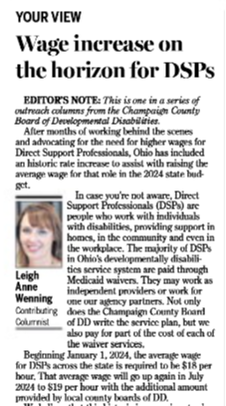 After months of working behind the scenes and advocating for the need for higher wages for Direct Support Professionals, Ohio has included an historic rate increase to assist with raising the average wage for that role in the 2024 state budget. In case you’re not aware, Direct Support Professionals (DSPs) are people who work with individuals with disabilities, providing support in homes, in the community and even in the workplace. The majority of DSPs in Ohio’s developmentally disabilities service system are paid through Medicaid waivers. They may work as independent providers or work for one our agency partners. Not only does the Champaign County Board of DD write the service plan, but we also pay for part of the cost of each of the waiver services. Beginning January 1, 2024, the average wage for DSPs across the state is required to be $18 per hour. That average wage will go up again in July 2024 to $19 per hour with the additional amount provided by local county boards of DD. We believe that this historic increase in rates is a significant step in the right direction. We have all experienced the consequences of a labor shortage, but for the people we serve these consequences often mean so much more. It could mean that they have to go into a nursing home because there is no one to care for them at their apartment. It could mean that they might not have the support they need to attend the day program of their choice or keep their community job. Without quality DSPs, our support system just does not work. I’d like to thank Governor DeWine and Ohio’s legislators for recognizing the importance of this issue and helping to address it by including it in this budget. If you or someone you know are interested in how to become a DSP, the Champaign County Board of DD can help with that! We offer support and free training and are here to help. Please call 937-653-5217 and ask for Amy Hubbard, Provider Support Coordinator. For more information about our lifetime of services, please visit our website at www.champaigncbdd.org and make sure to follow us on social media. |
Archives
March 2024
Categories
All
|
|
|
224 Patrick Avenue
Urbana, OH 43078 |
Site powered by Berry Digital Solutions, LLC
Urbana, OH
Urbana, OH

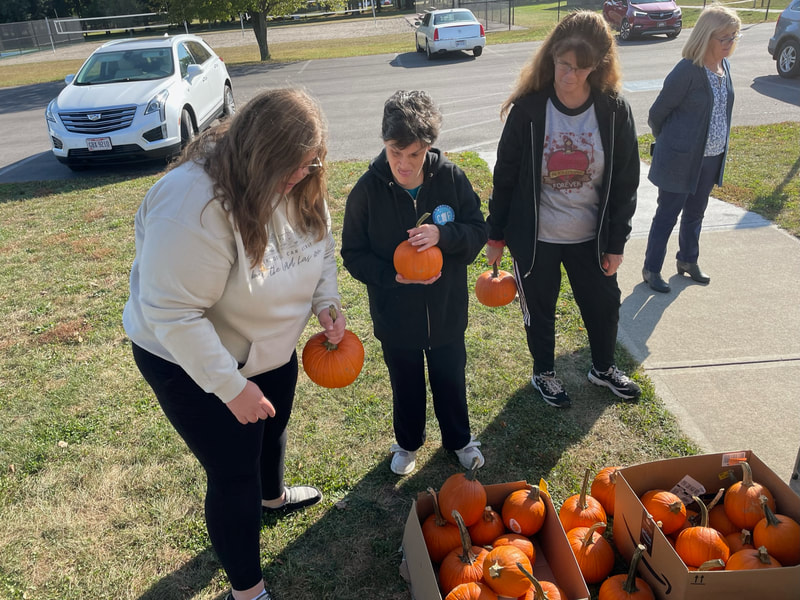
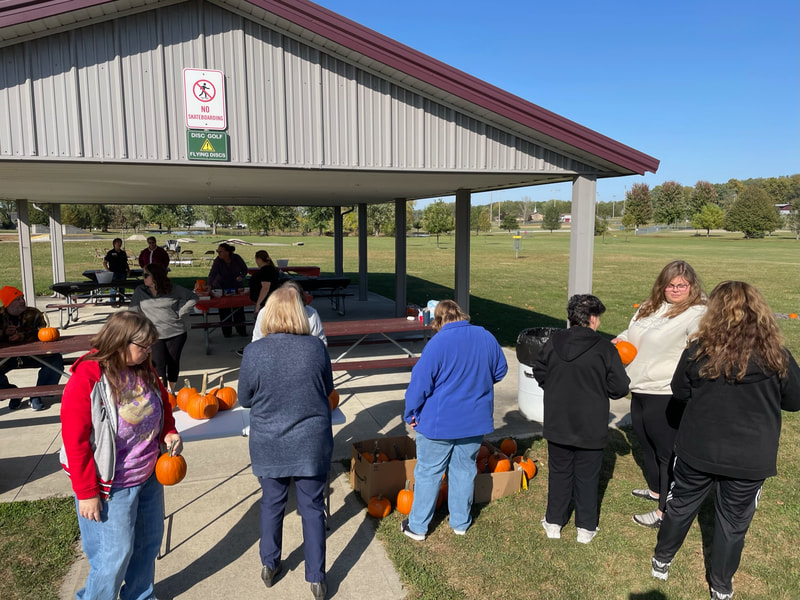
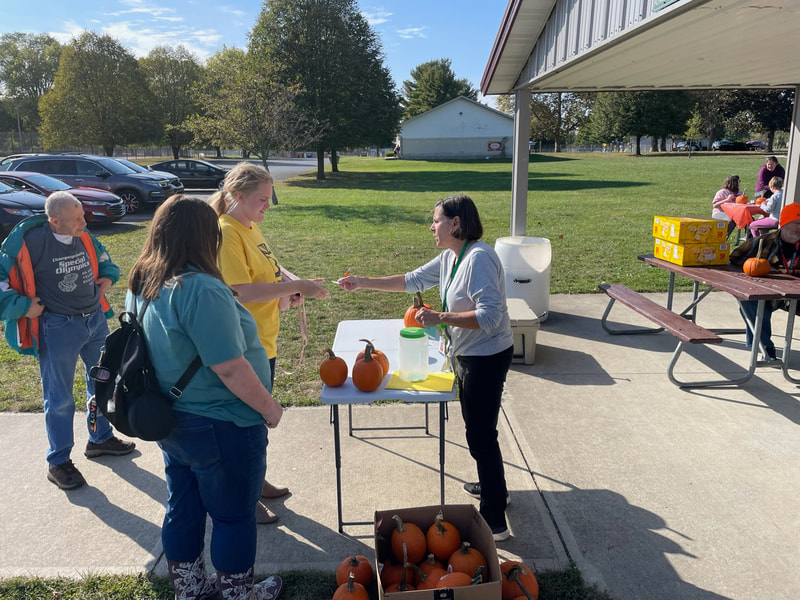
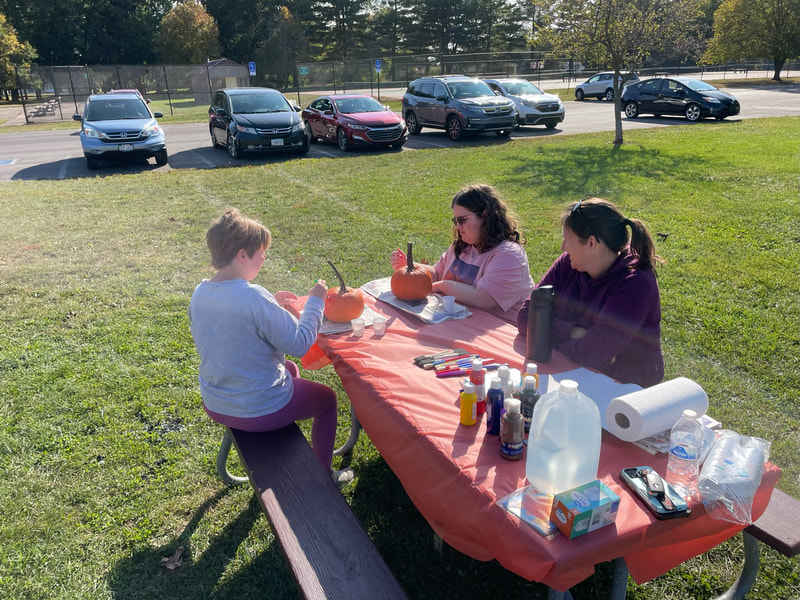
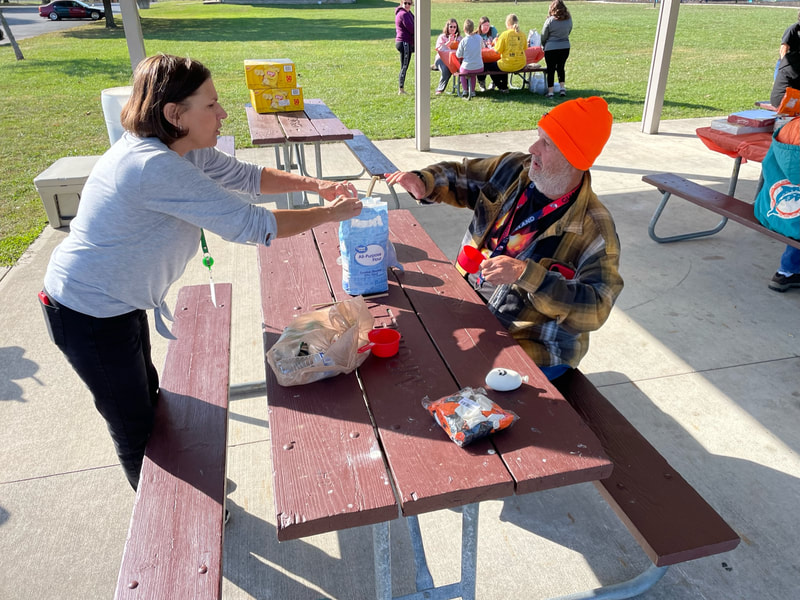
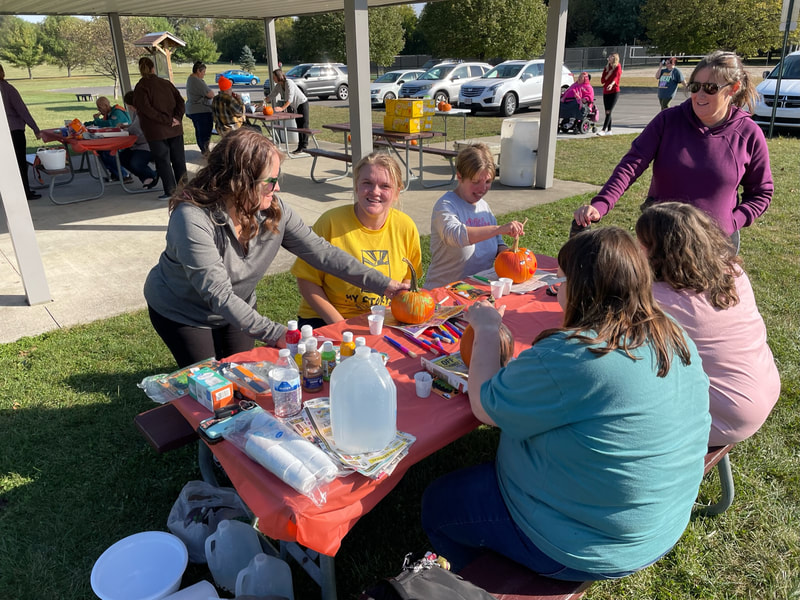
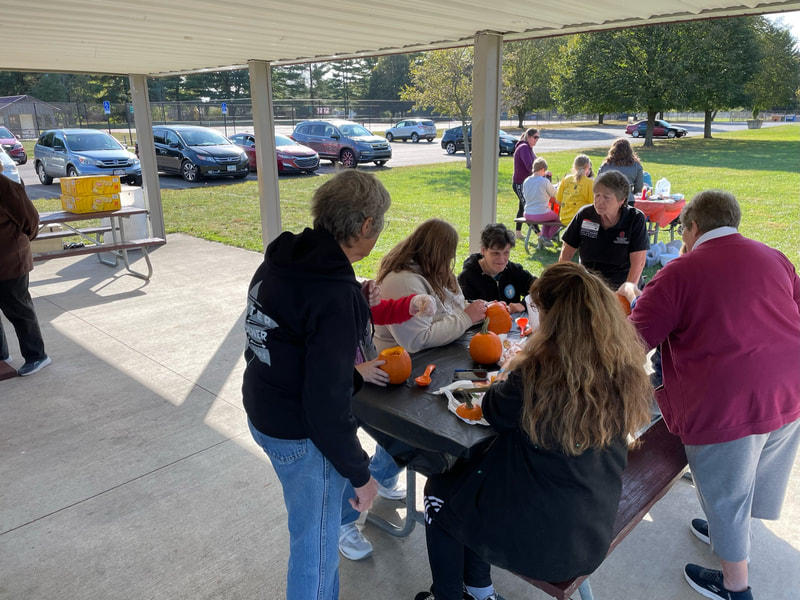
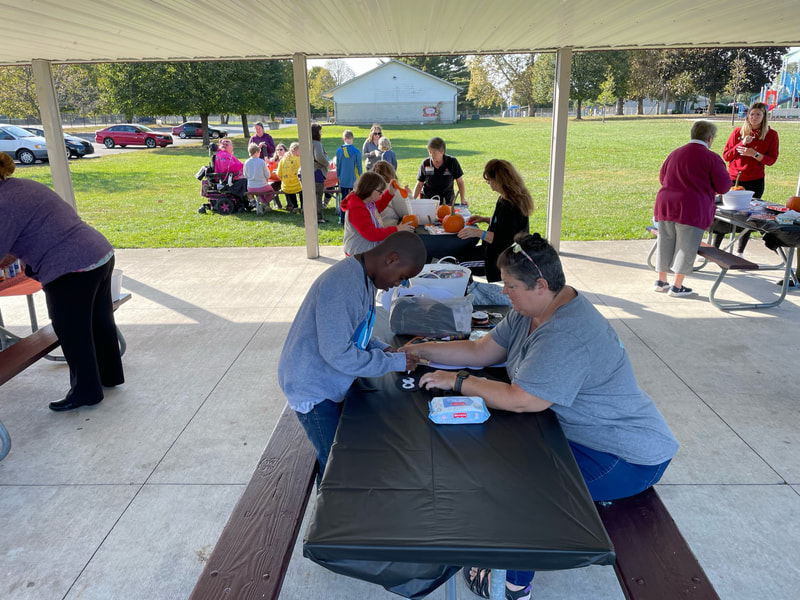
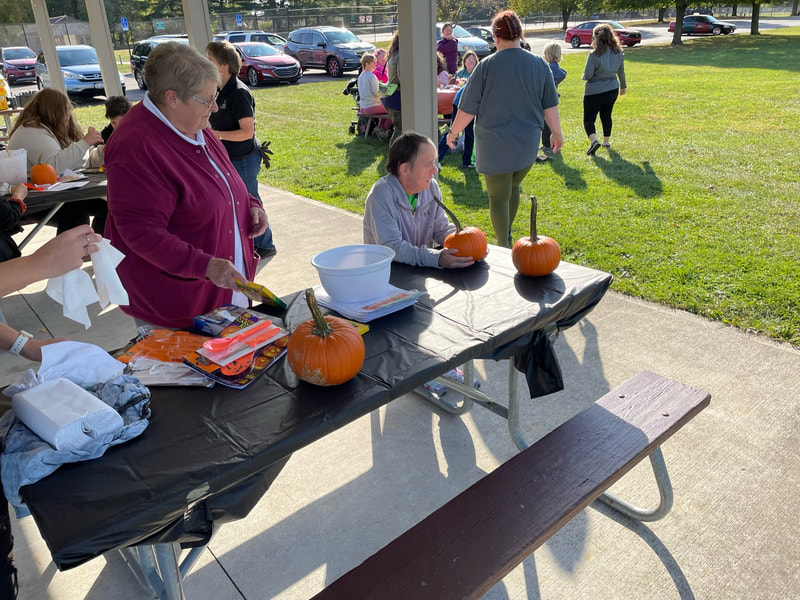
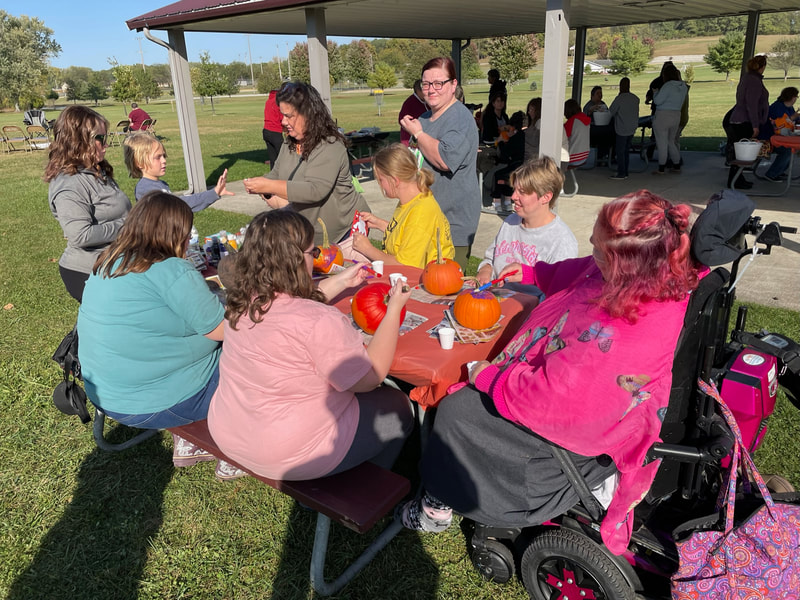
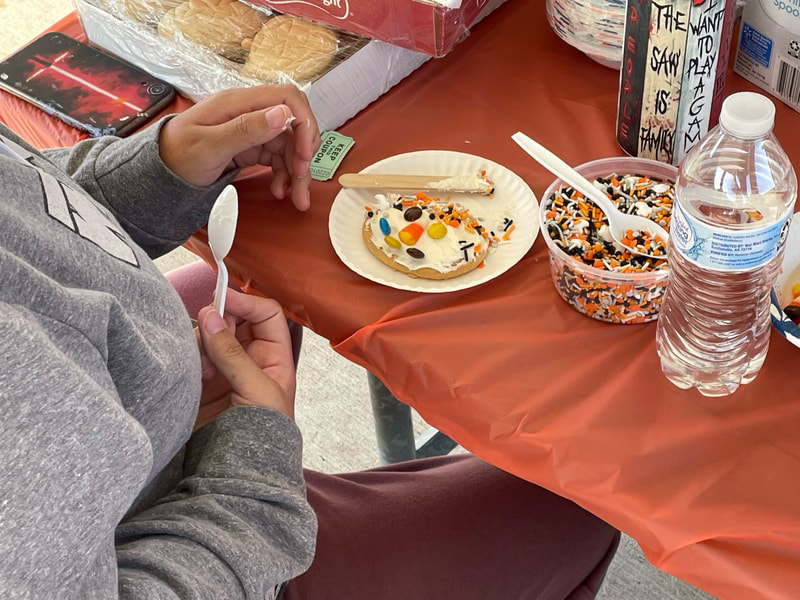
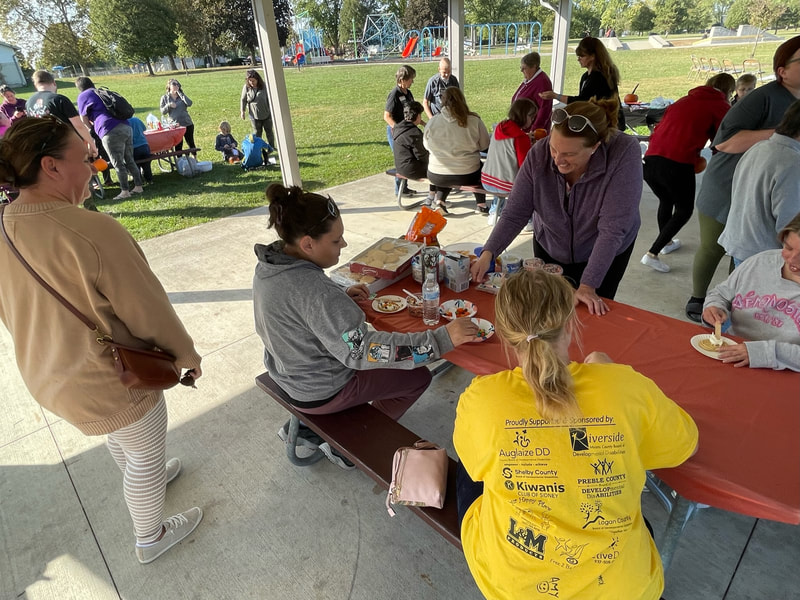

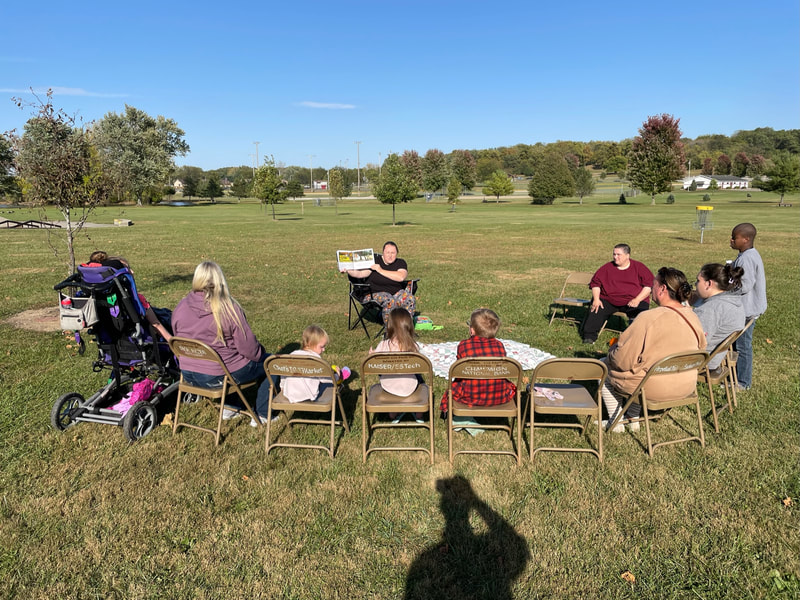
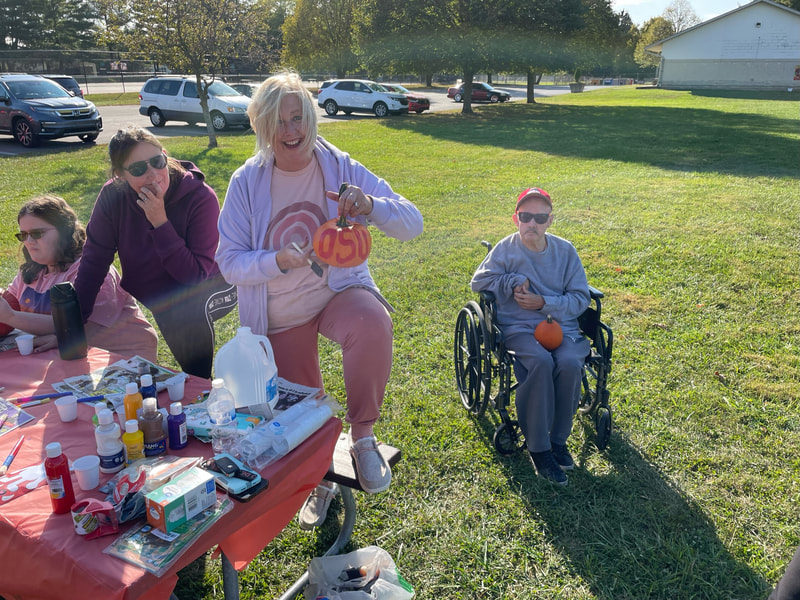
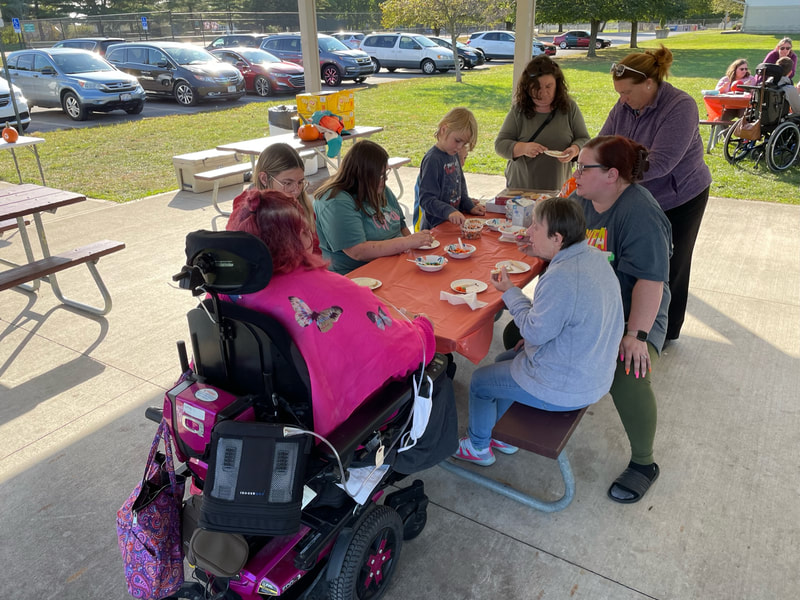
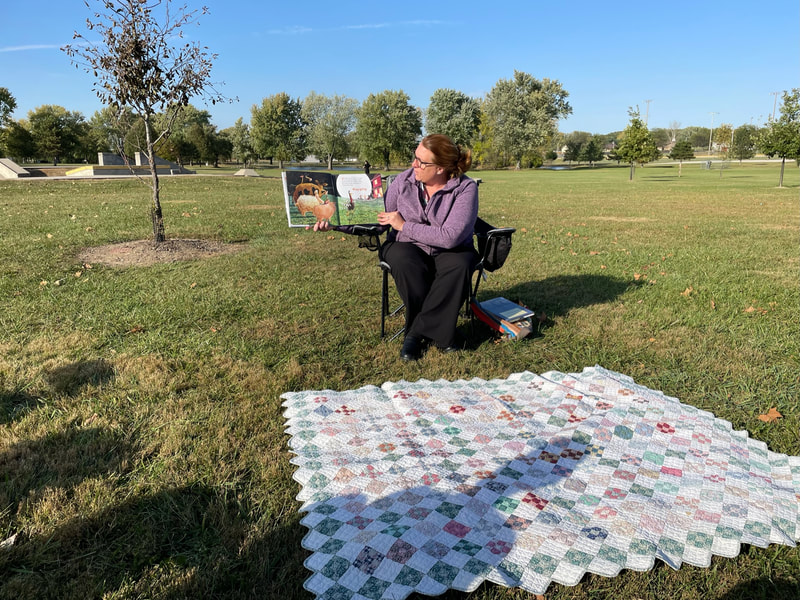
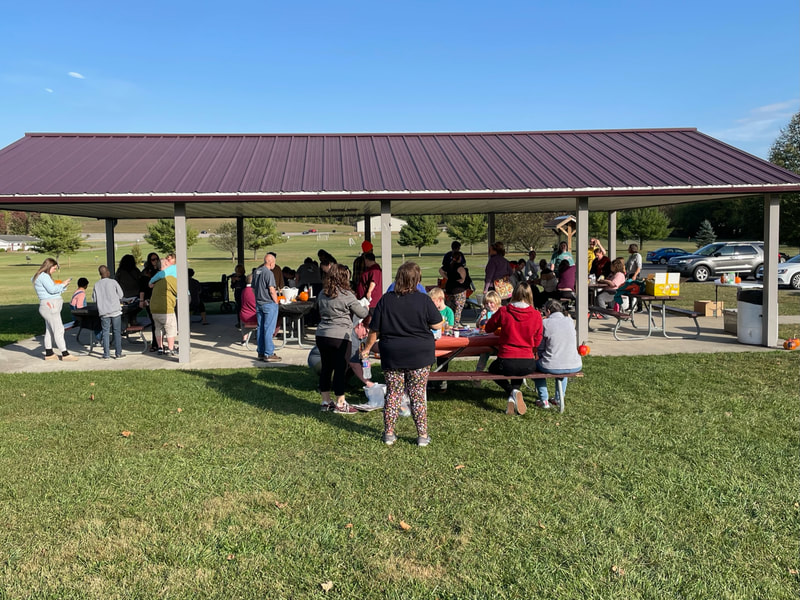
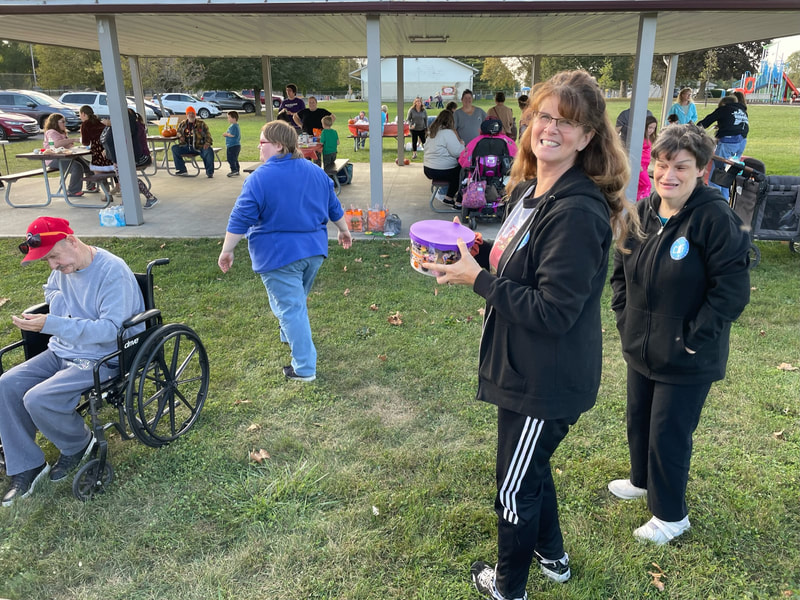
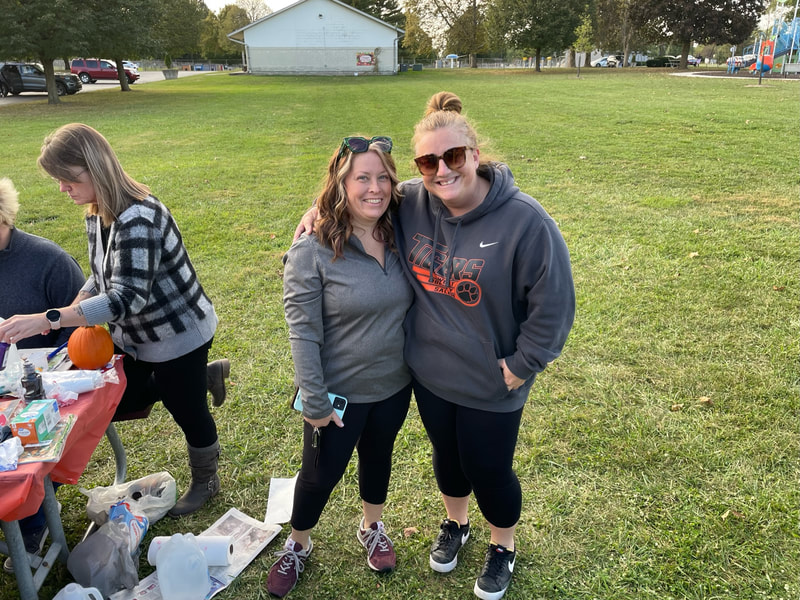
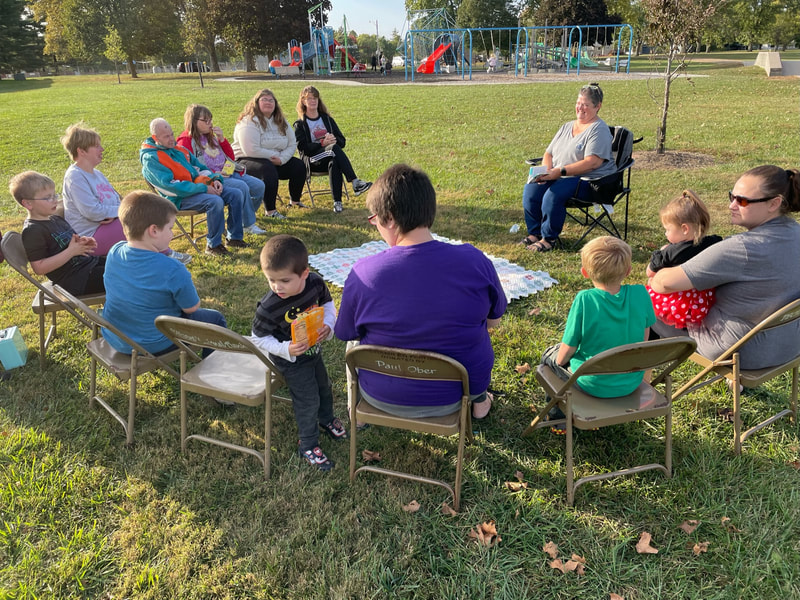
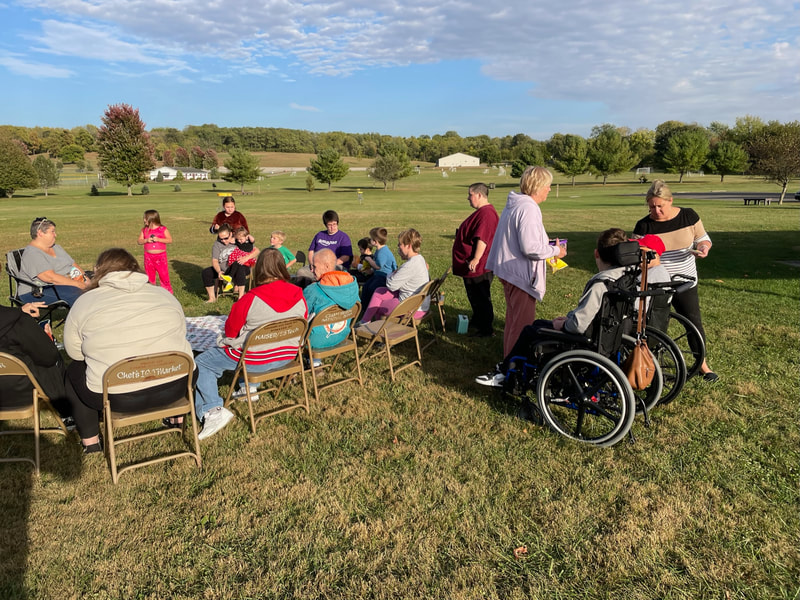
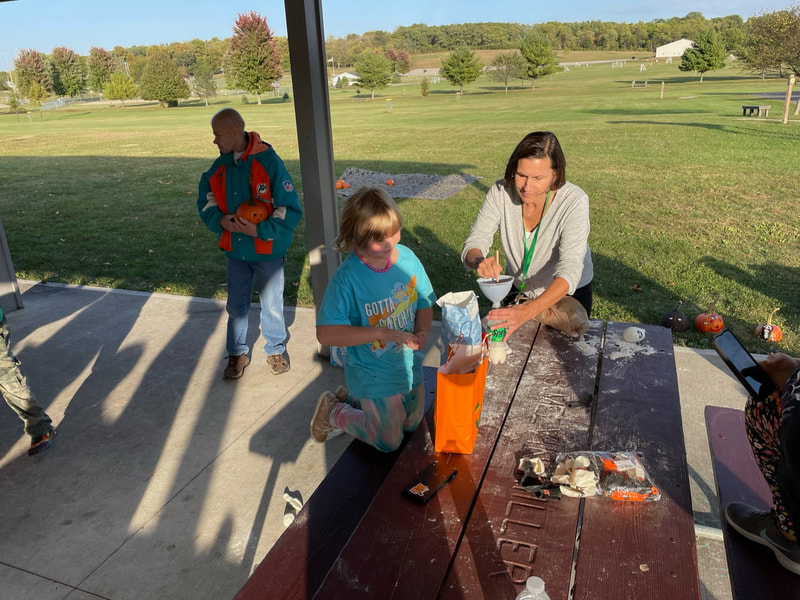

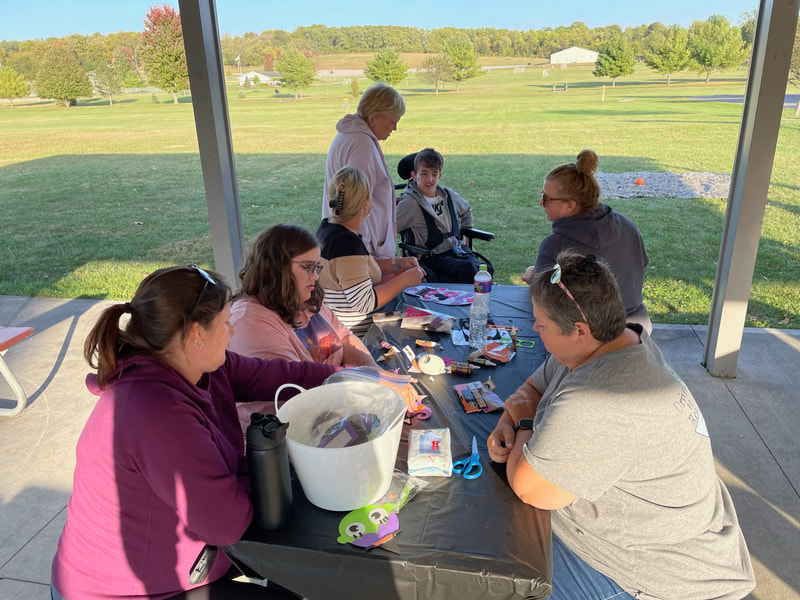
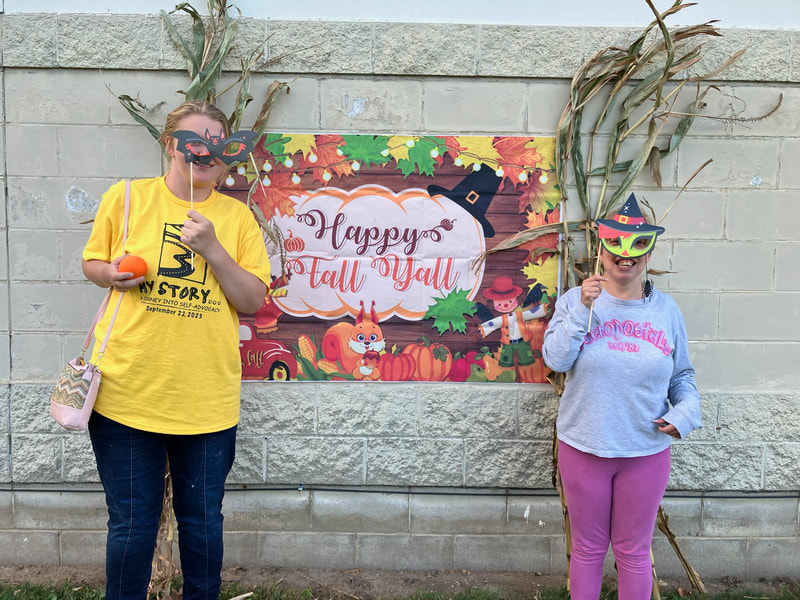
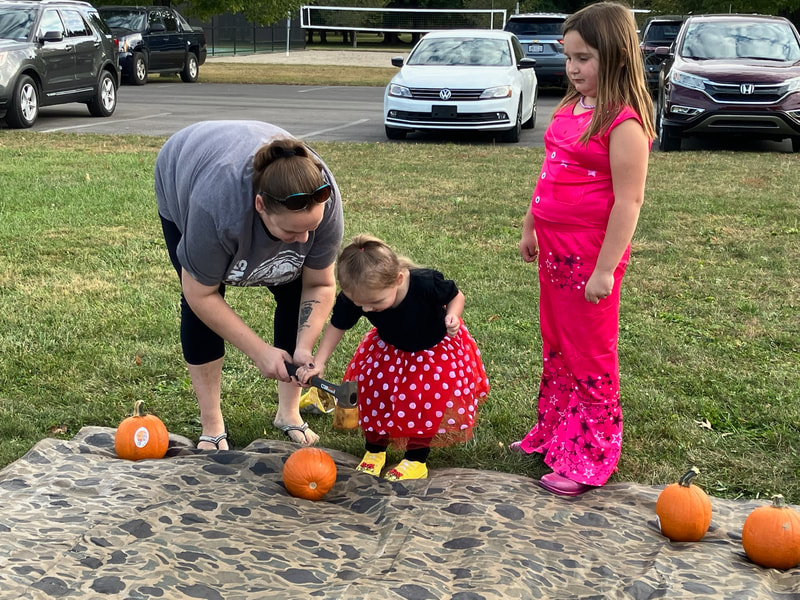
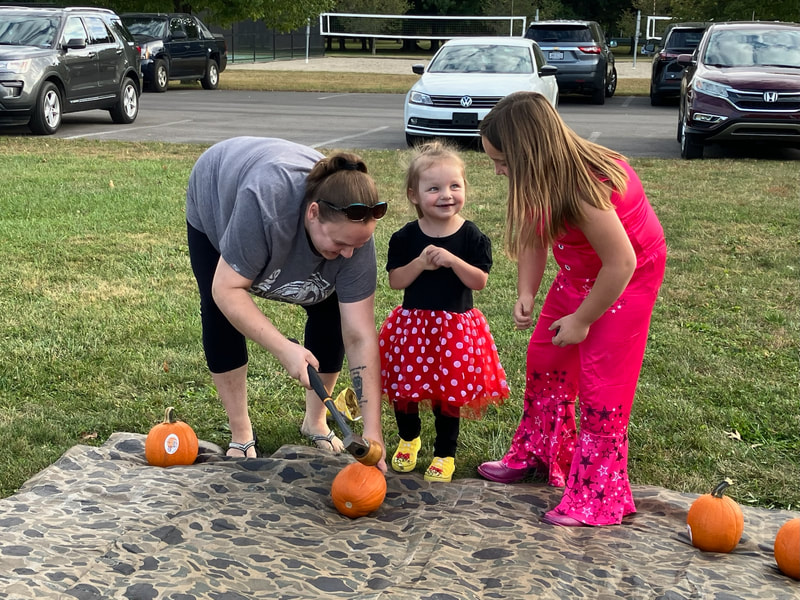
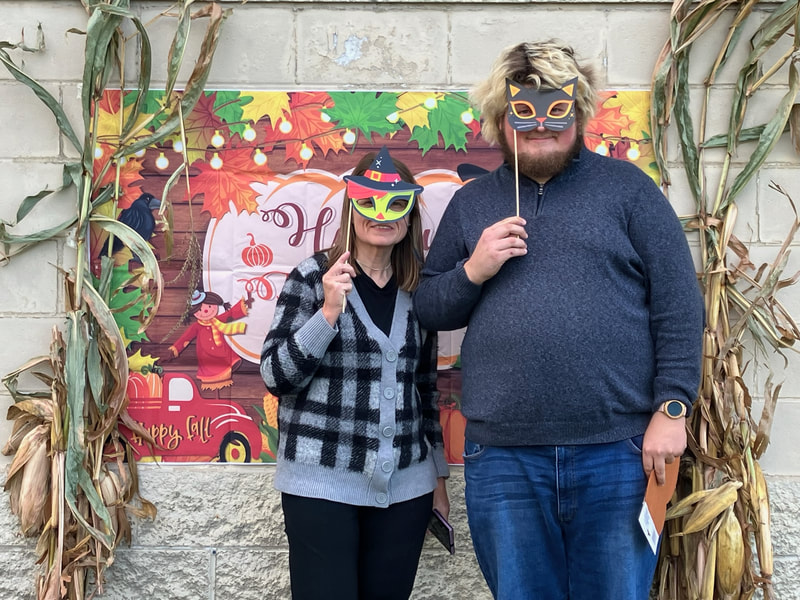
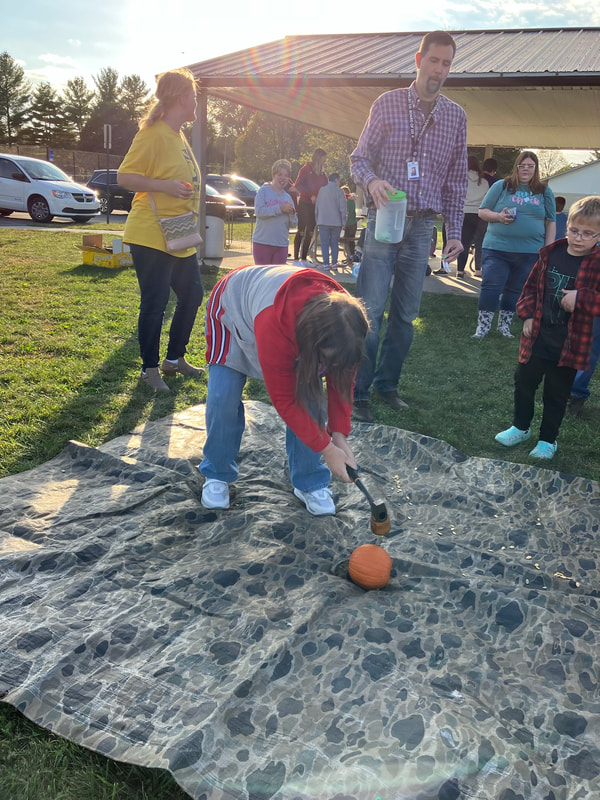


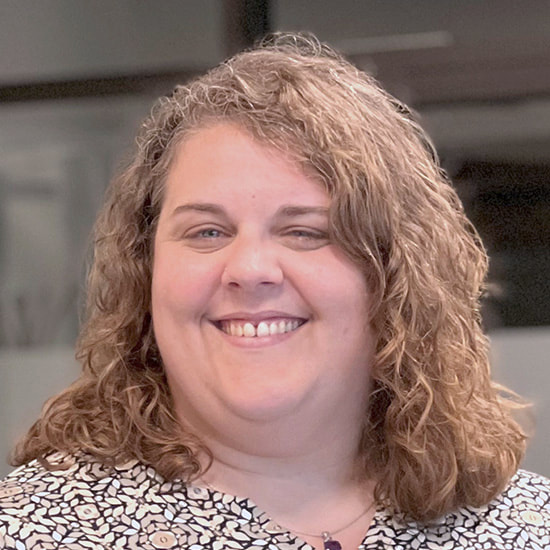

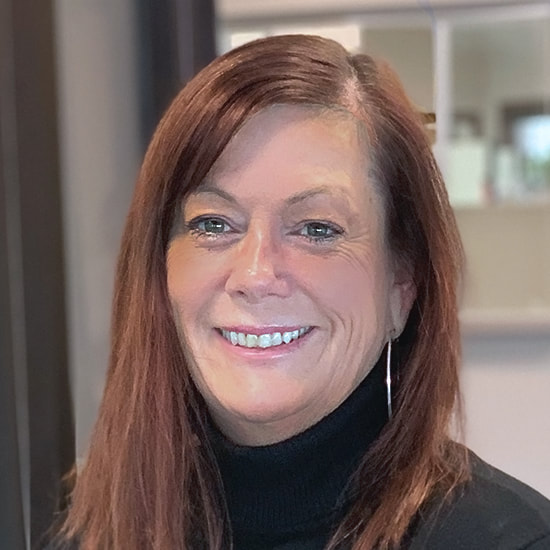
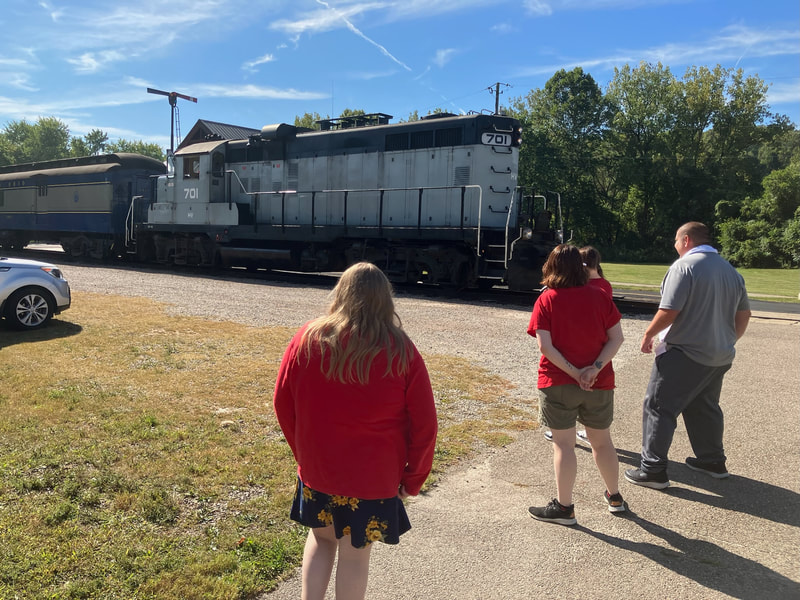
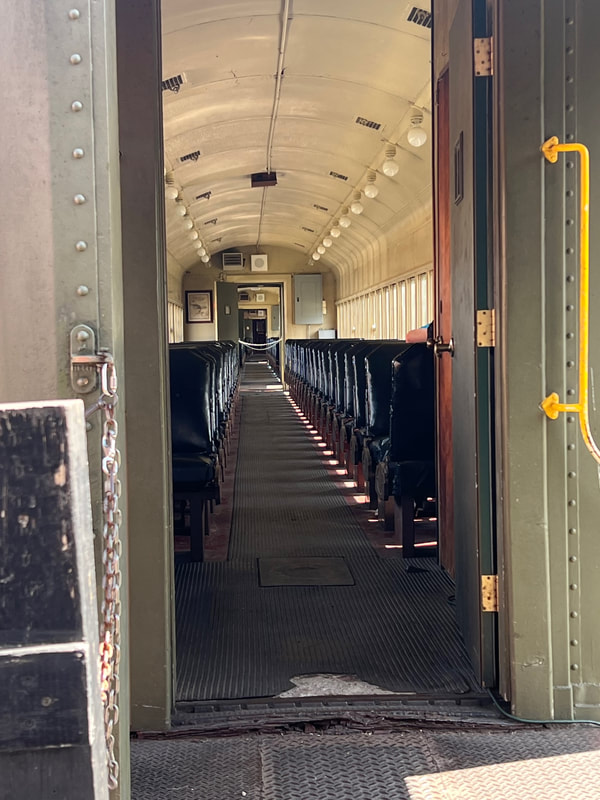
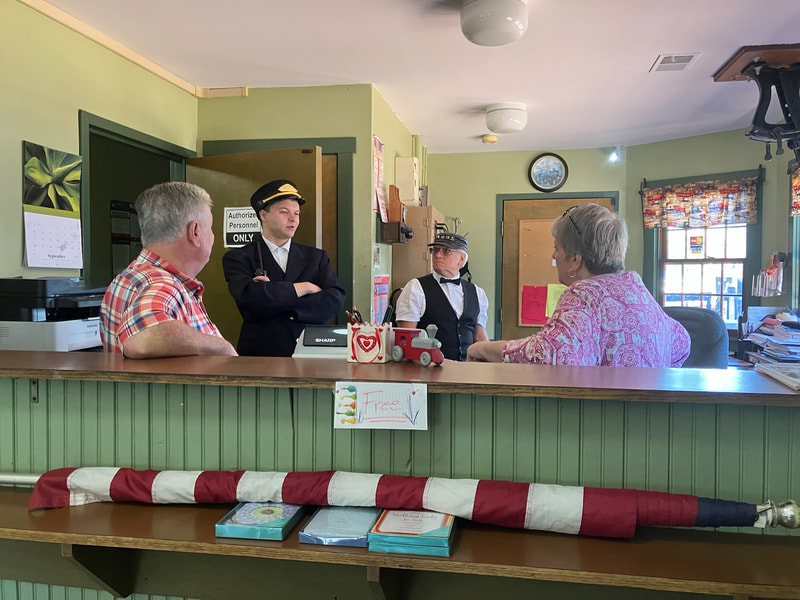
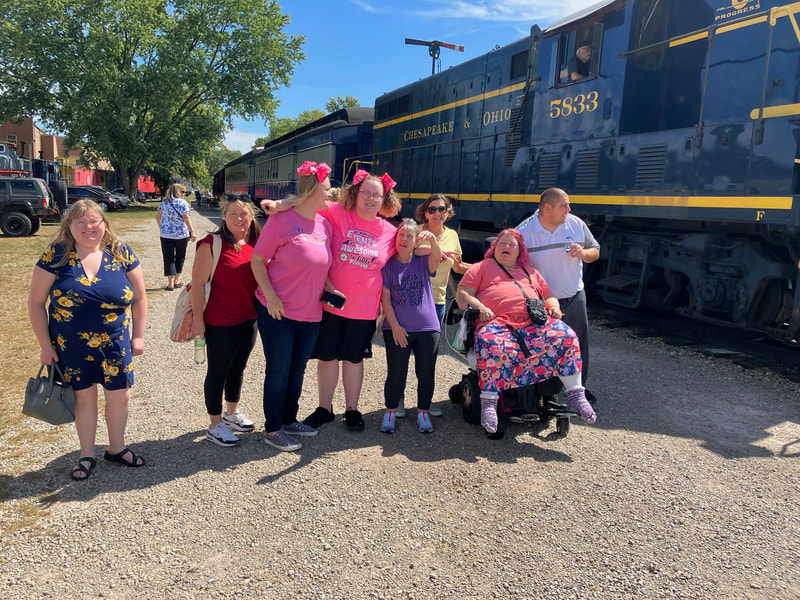
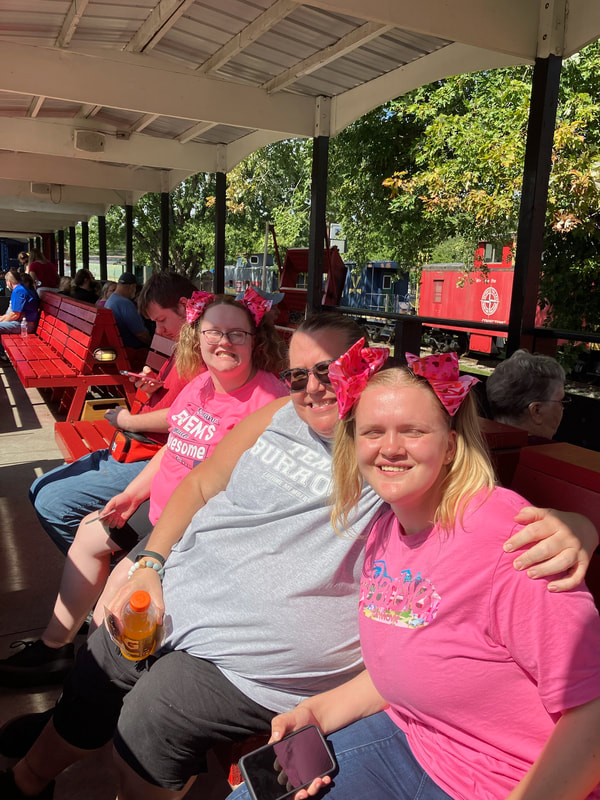
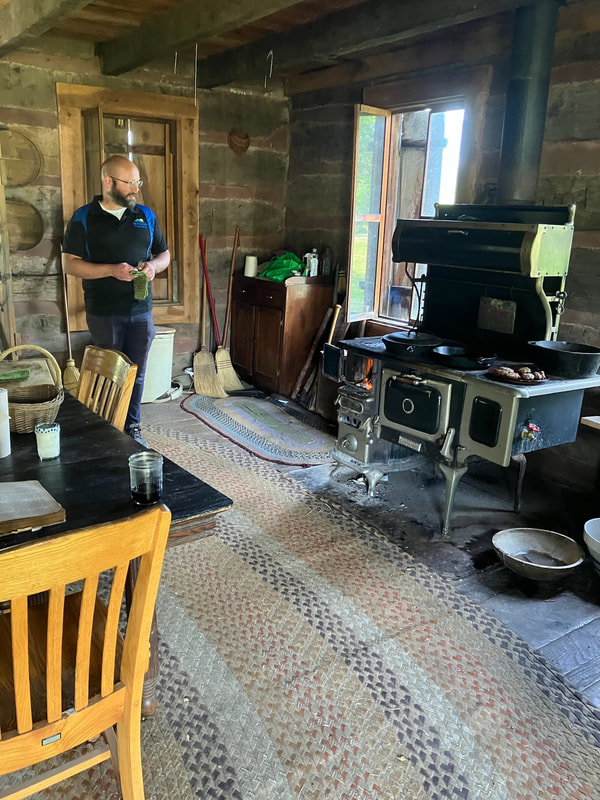


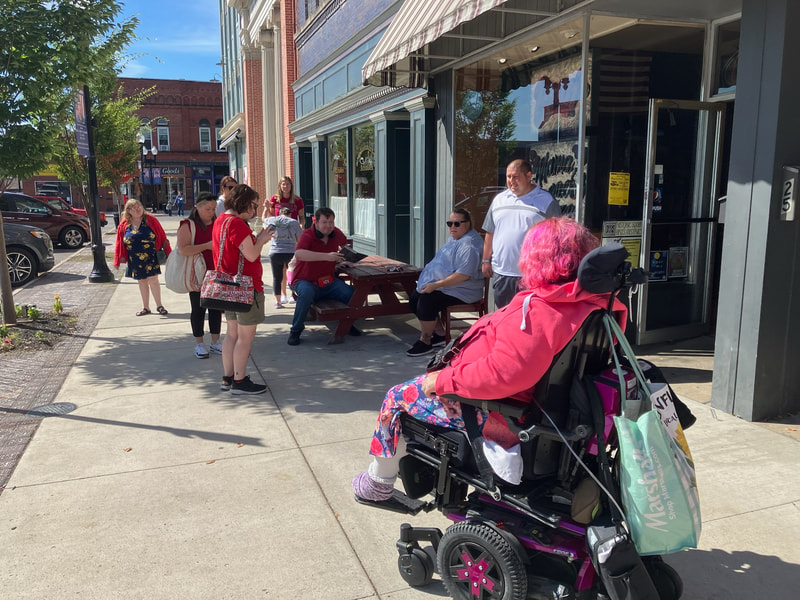
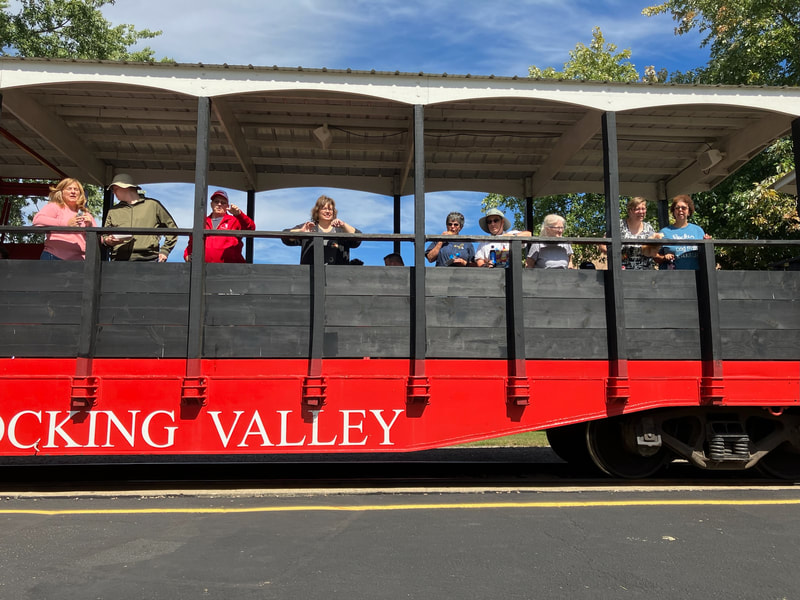
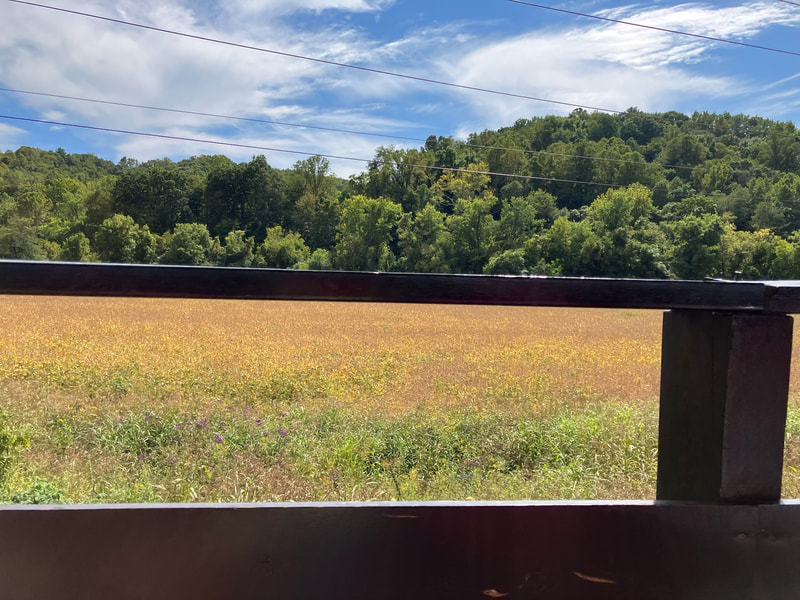
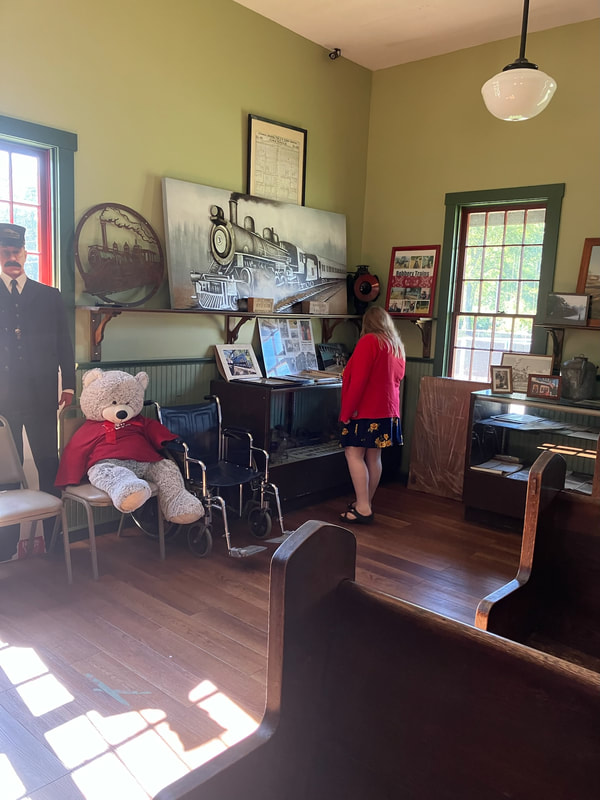
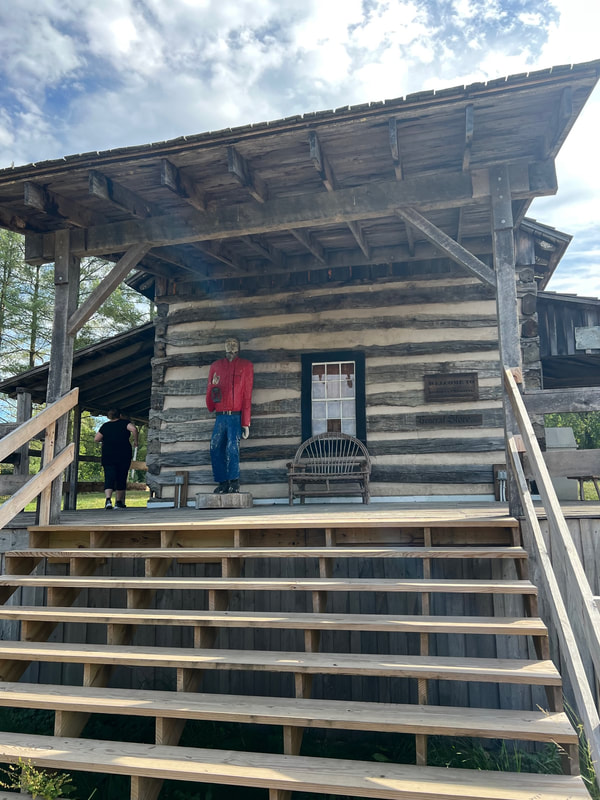
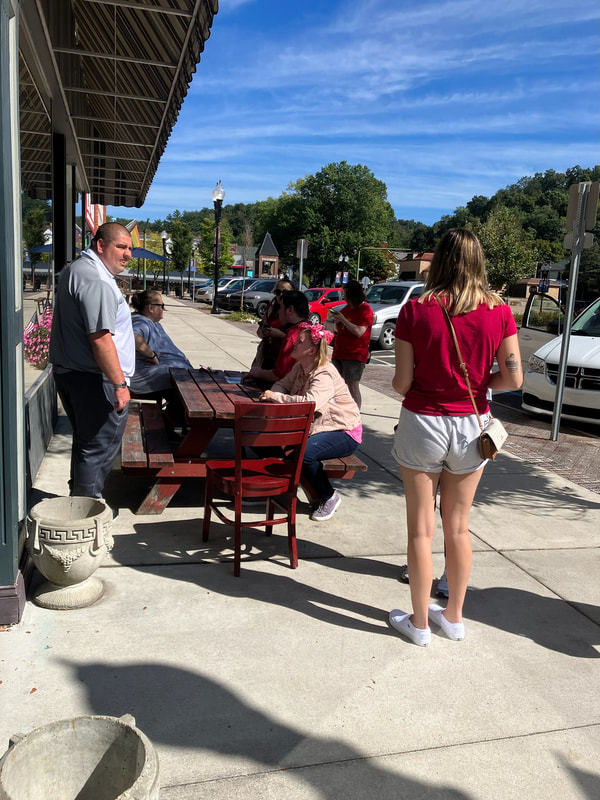
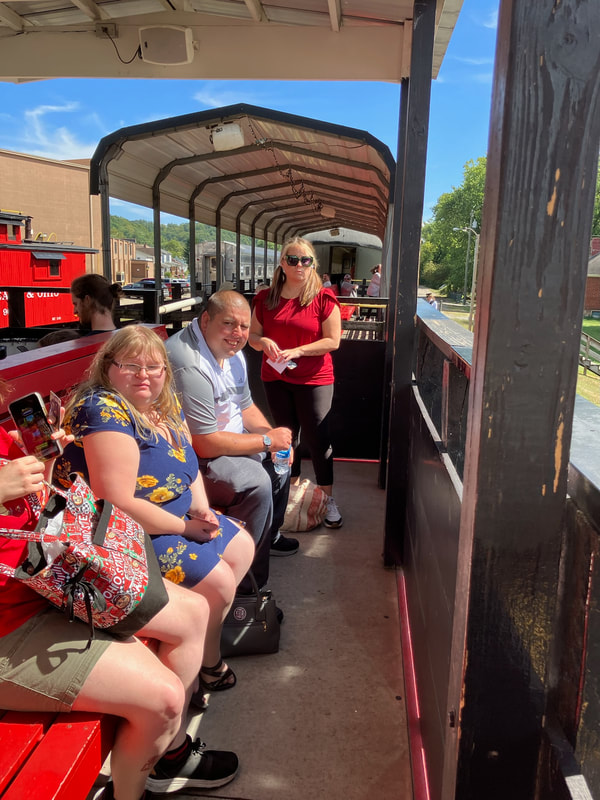
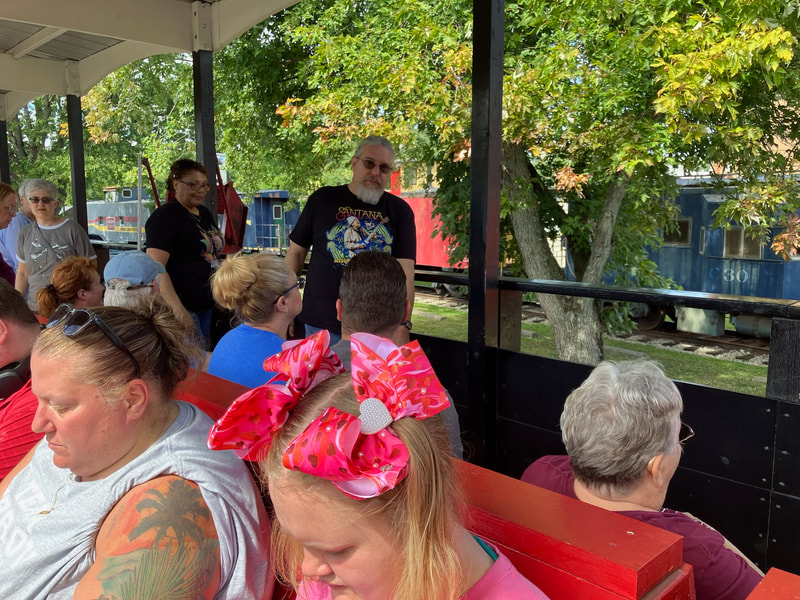
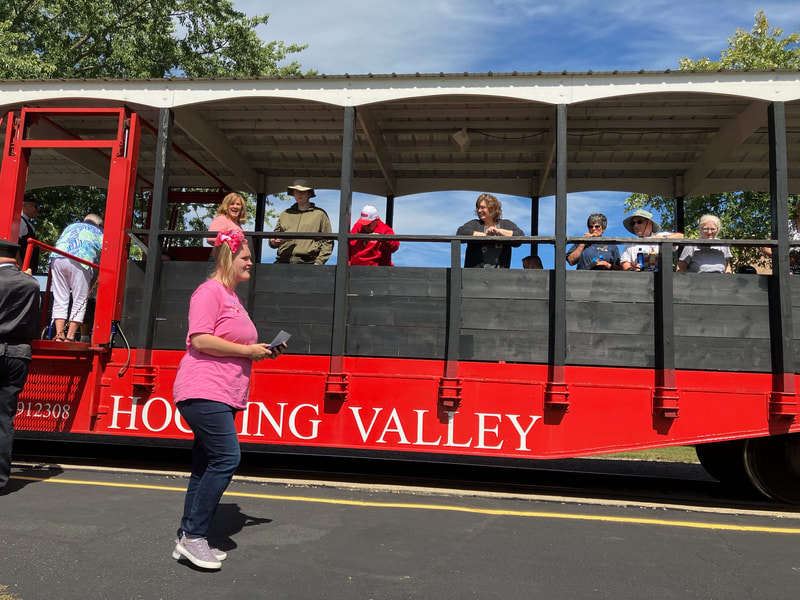


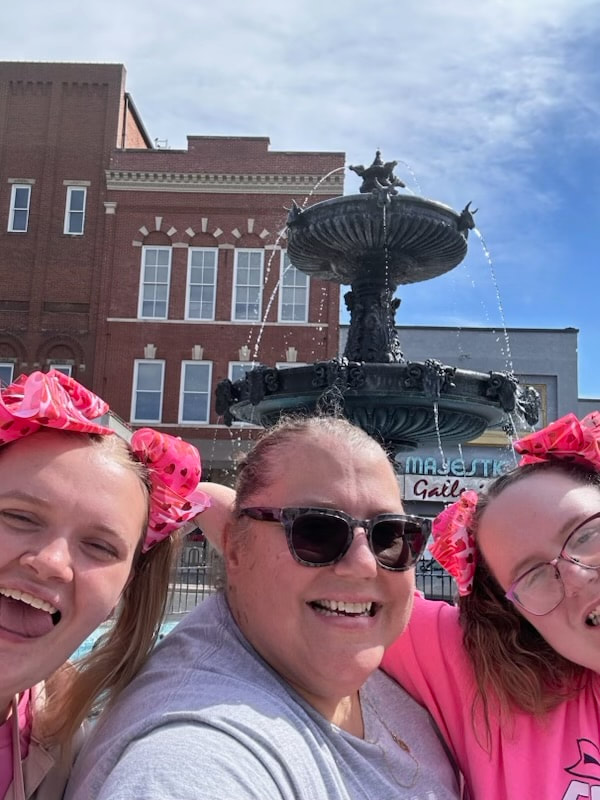
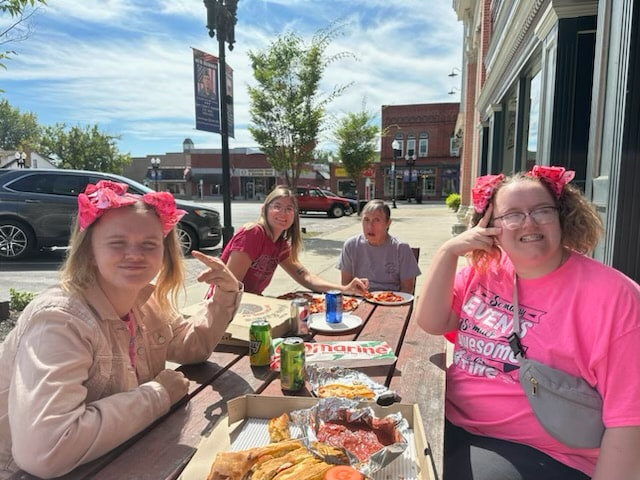
 RSS Feed
RSS Feed
